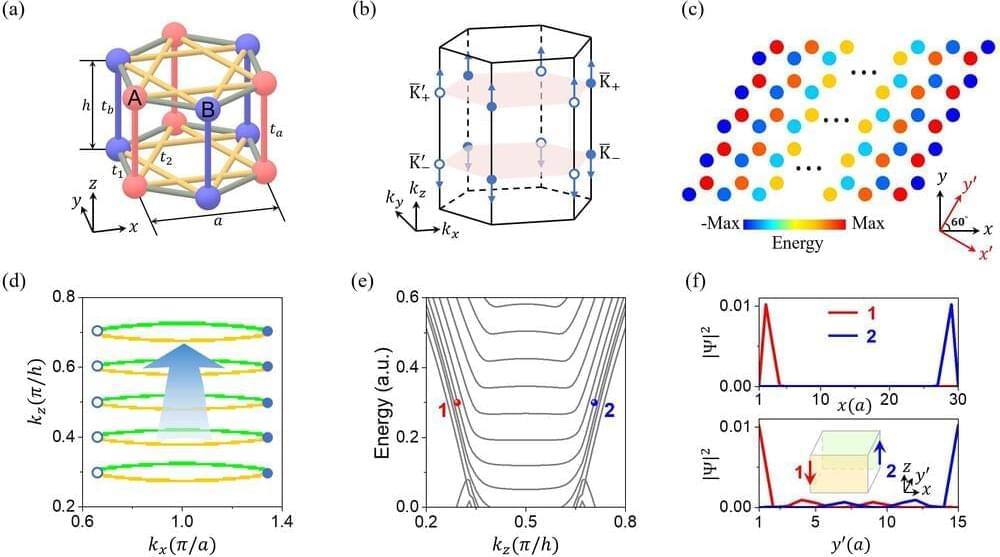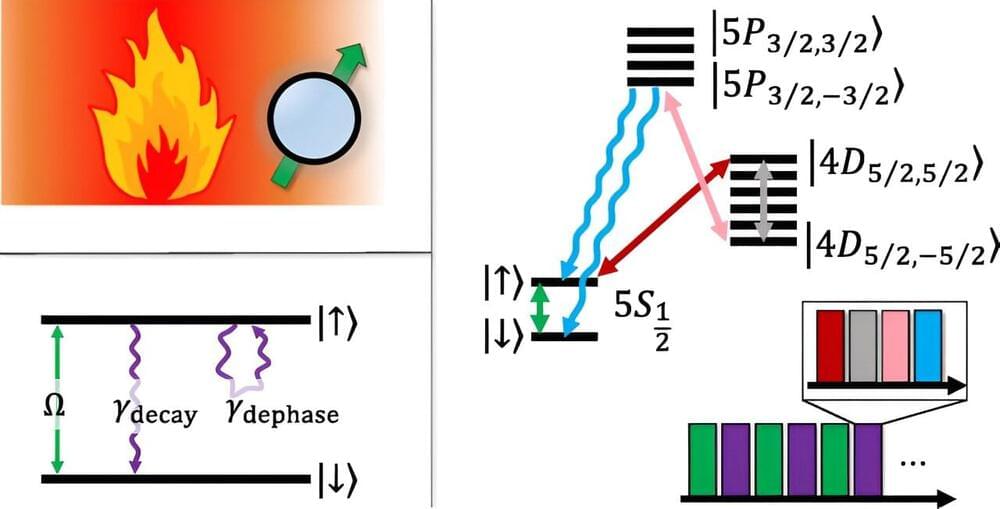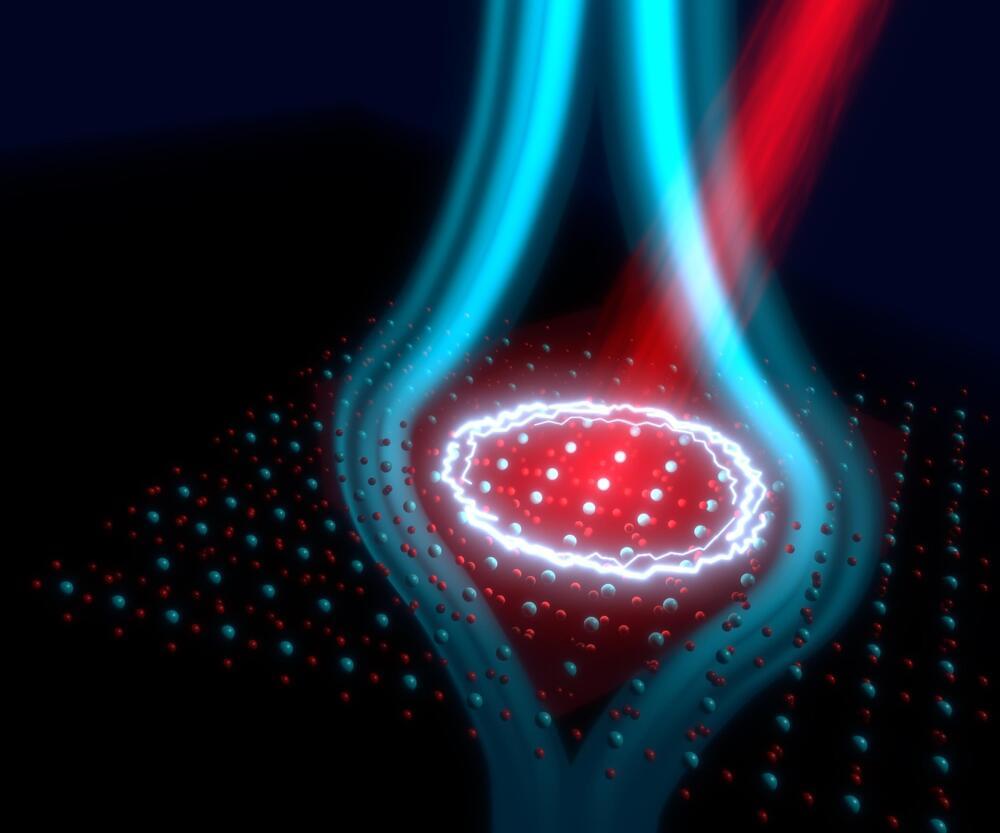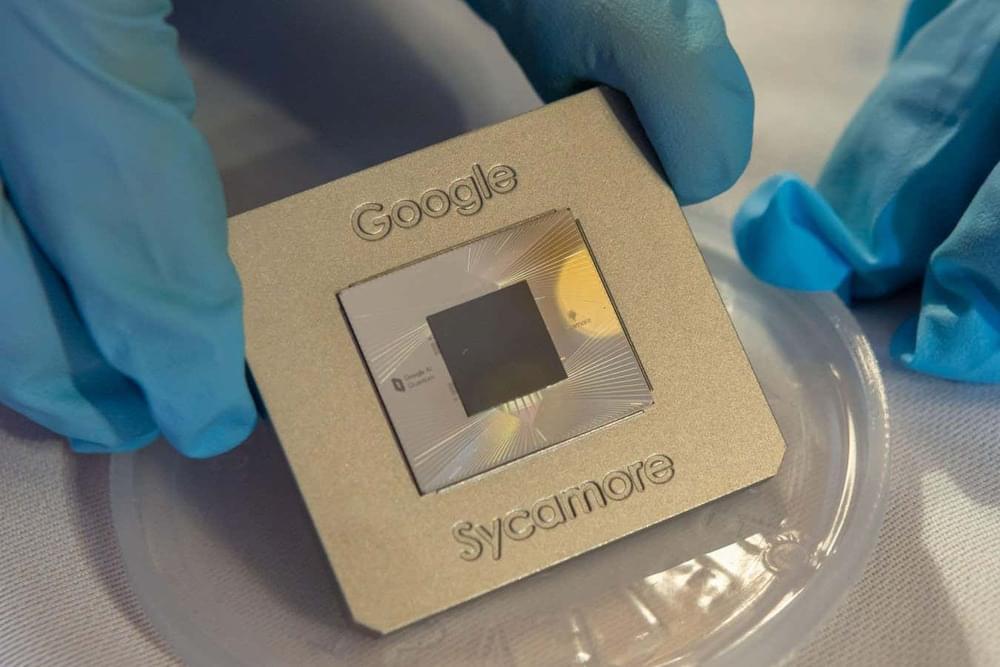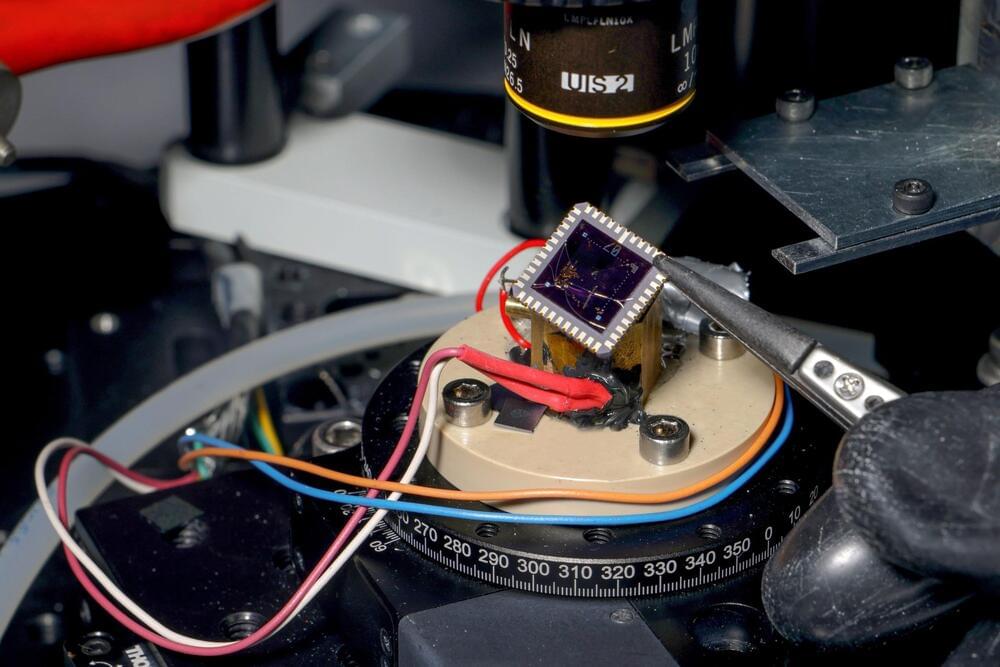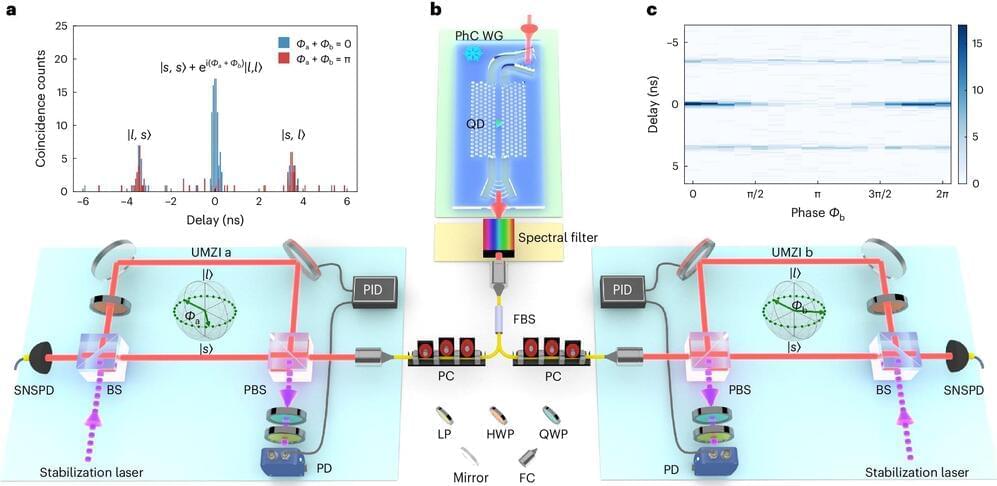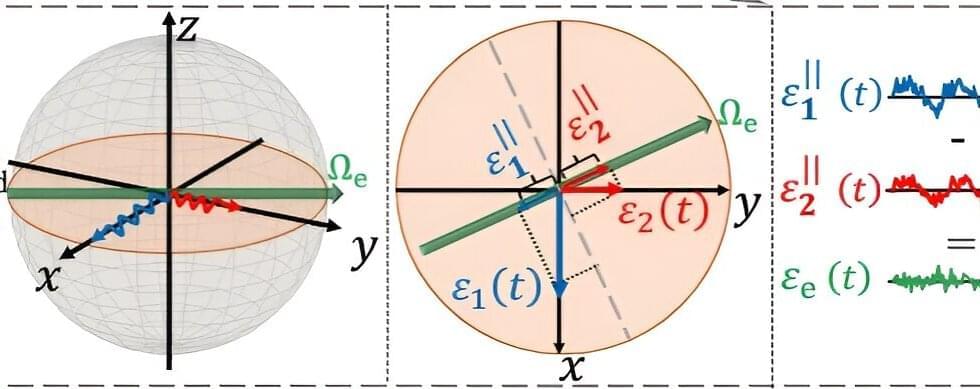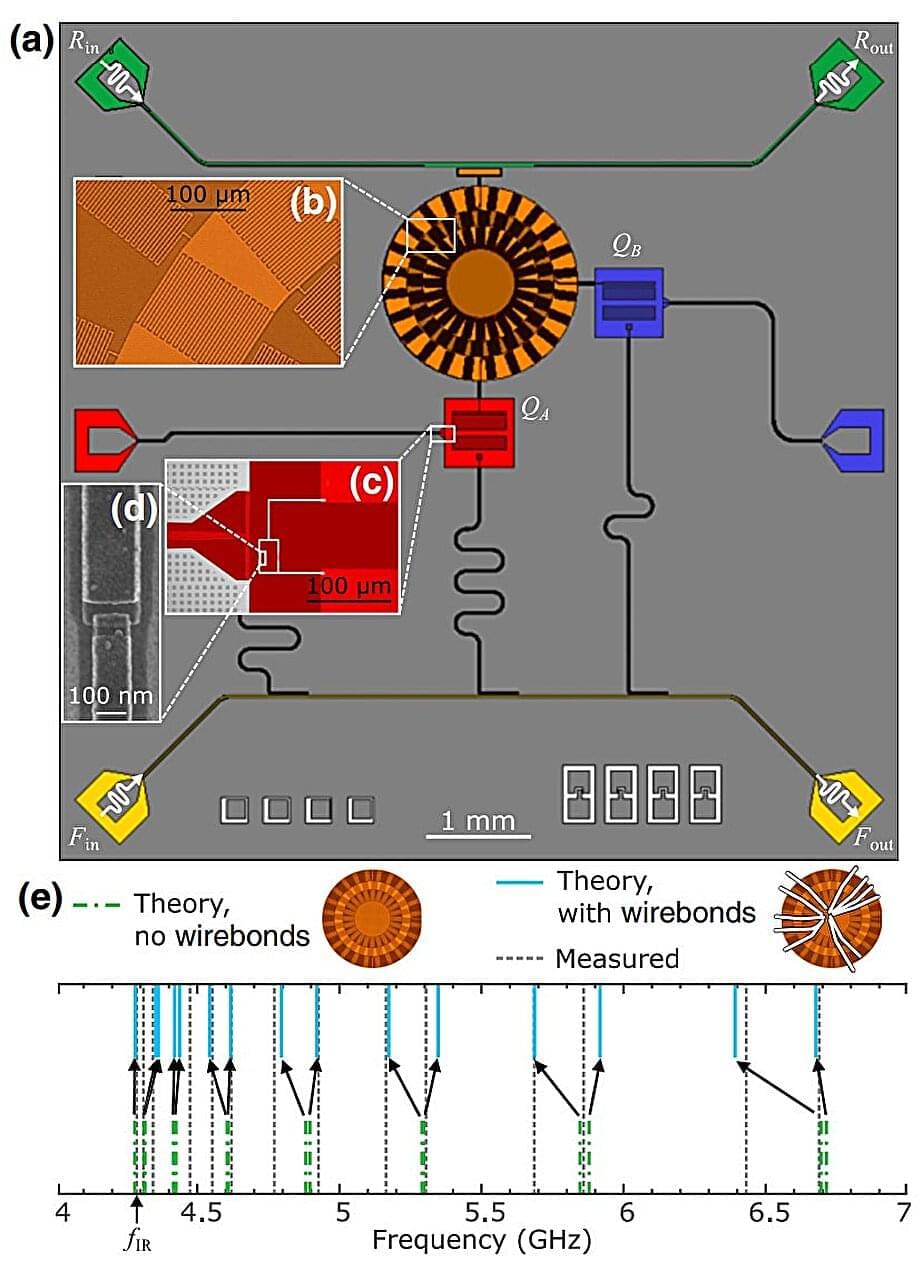Implementing a fault-tolerant quantum processor requires coupling qubits to generate entanglement. Superconducting qubits are a promising platform for quantum information processing, but scaling up to a full-scale quantum computer necessitates interconnecting many qubits with low error rates. Traditional methods often limit coupling to nearest neighbors, require large physical footprints, and involve numerous couplers, complicating fabrication.
For instance, coupling 100 qubits pairwise demands a vast number of couplers. Moreover, controlling individual circuit elements and couplers with separate cables for even 1,000 qubits would require an impractically large volume of cables, making it infeasible to fit such a system in a large lab, let alone manage millions of qubits. This highlights the need for more efficient and scalable coupling methods.
A team of theoretical physicists led by Mohd Ansari at FZJ, in collaboration with the experimental team of Britton Plourde at Syracuse University, introduced a novel approach using a multimode coupler that enables tunable coupling strength between any pair of qubits.
